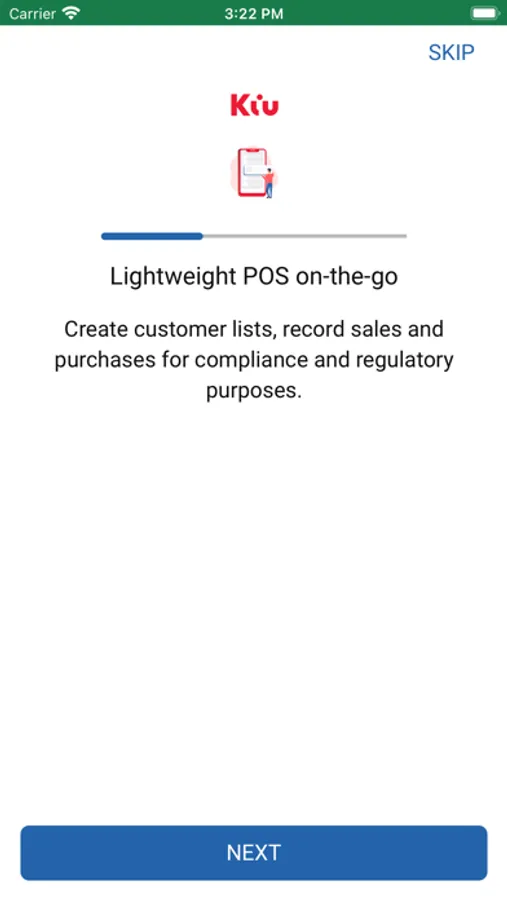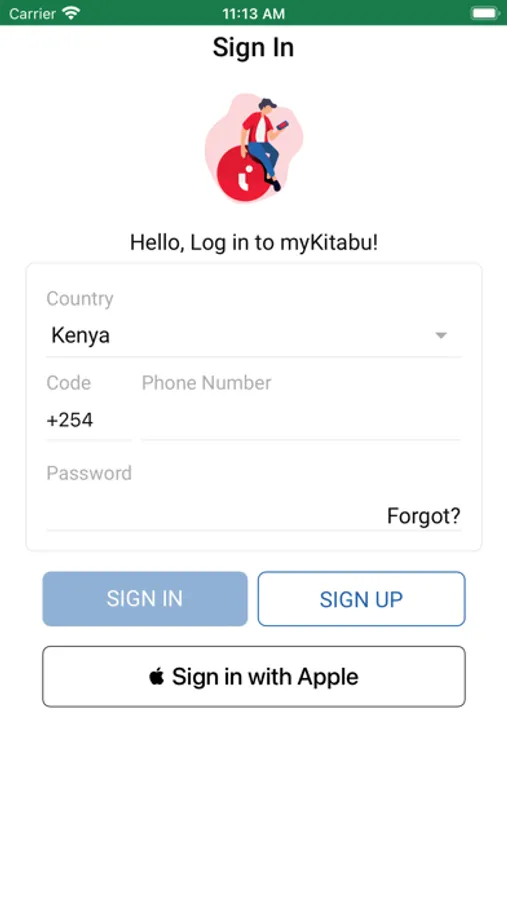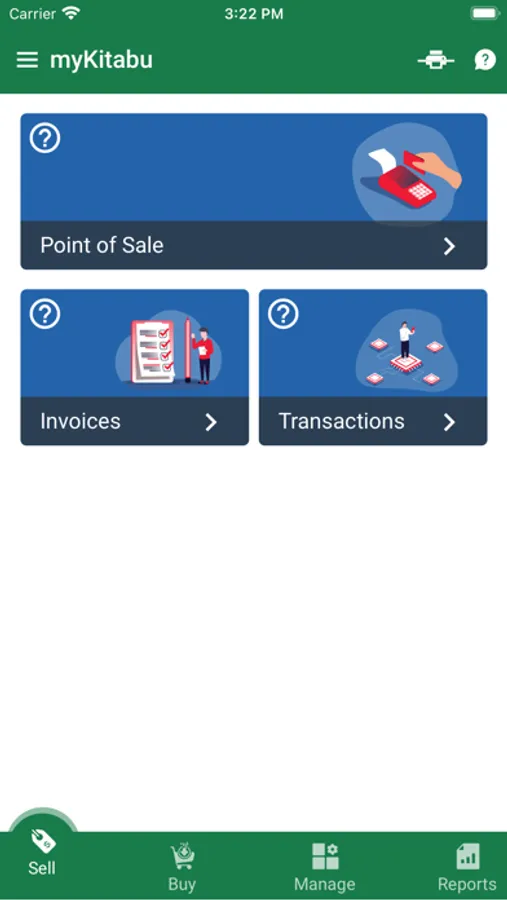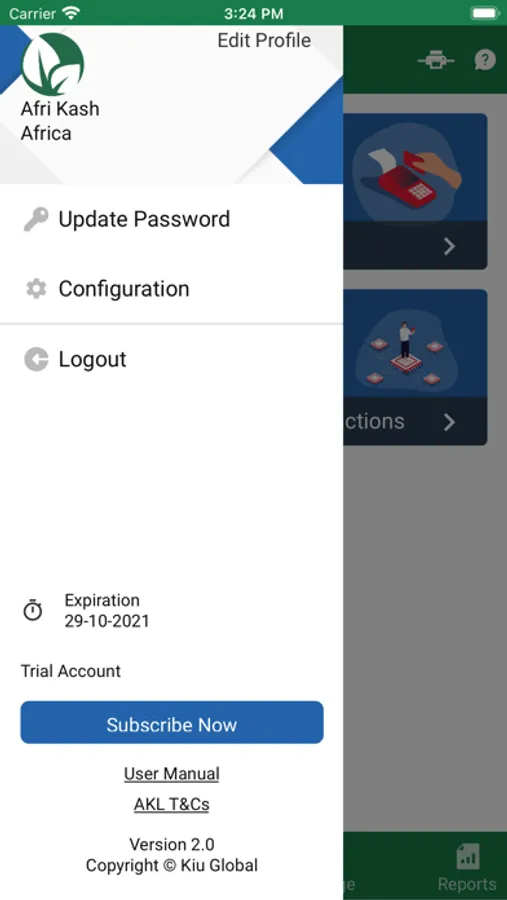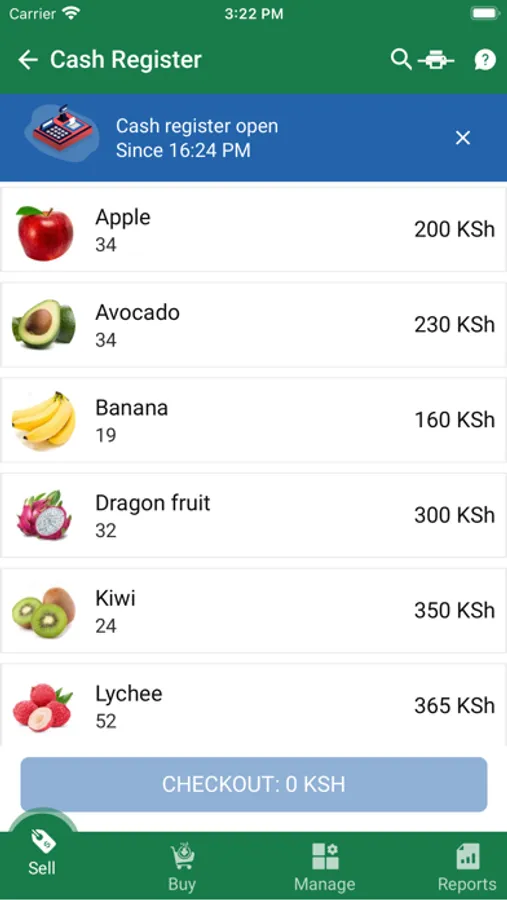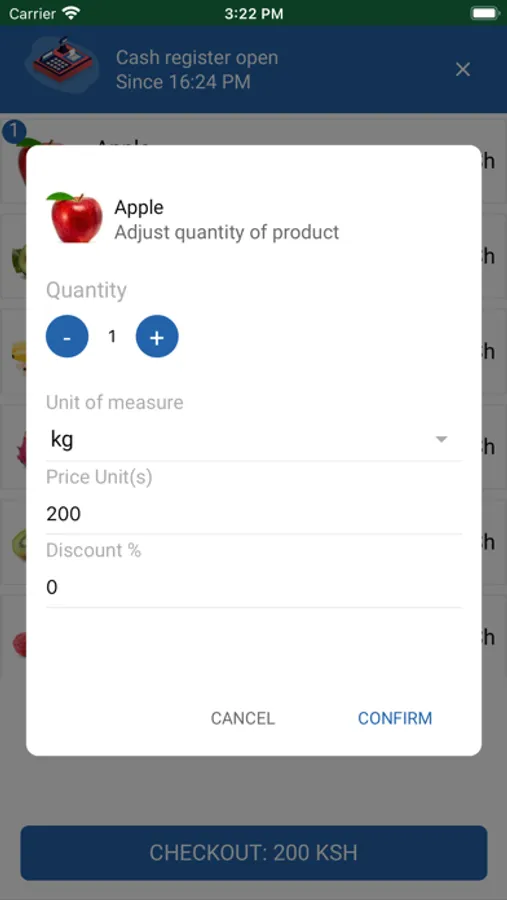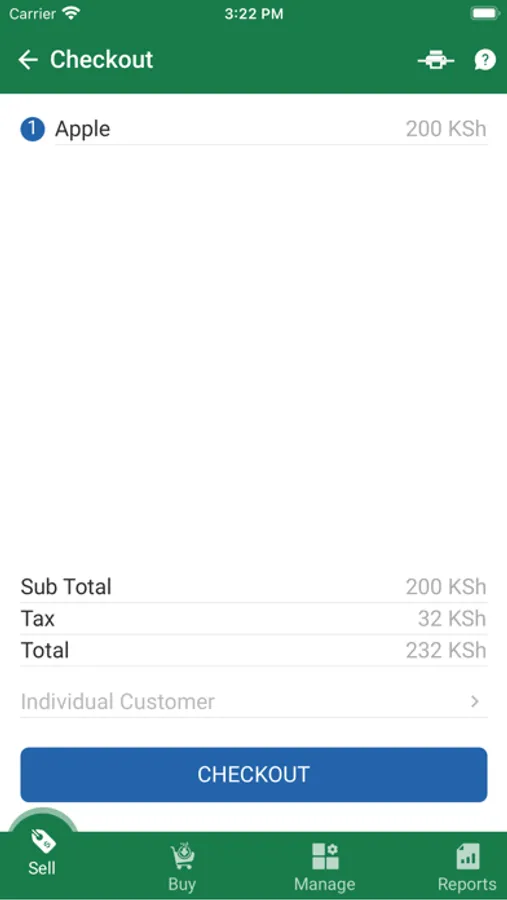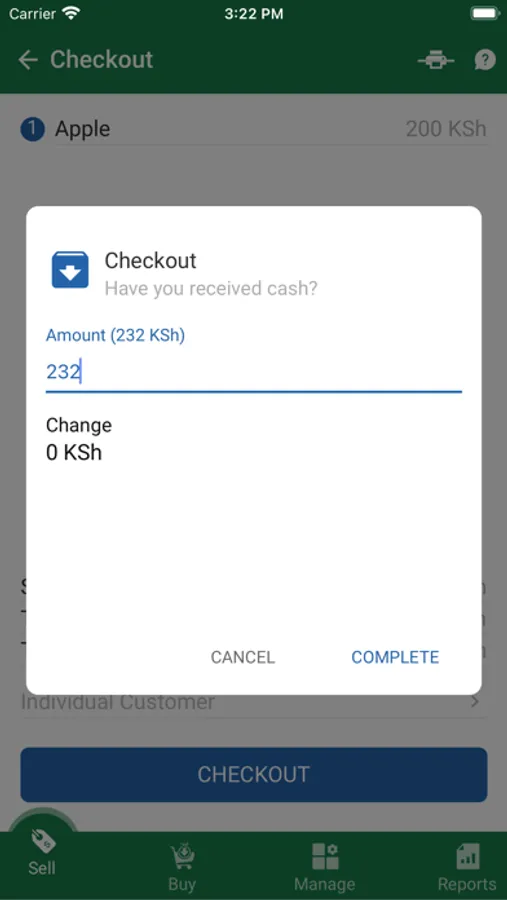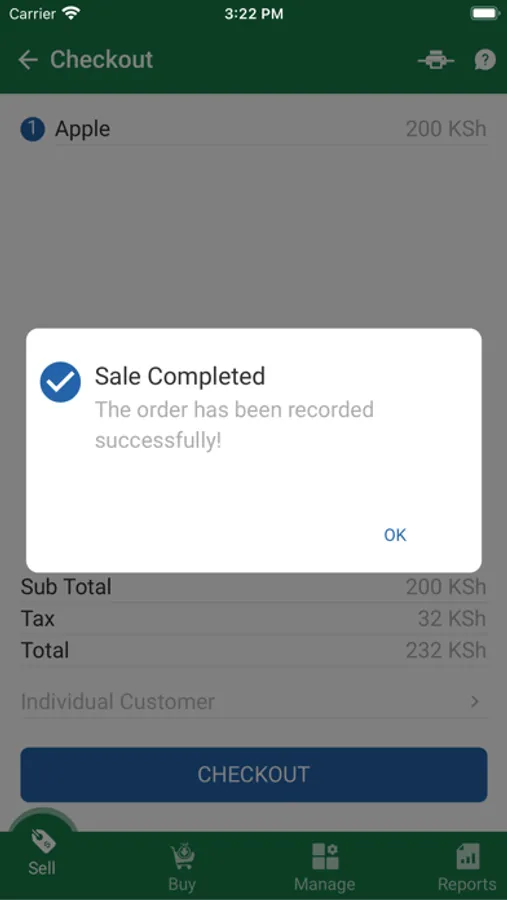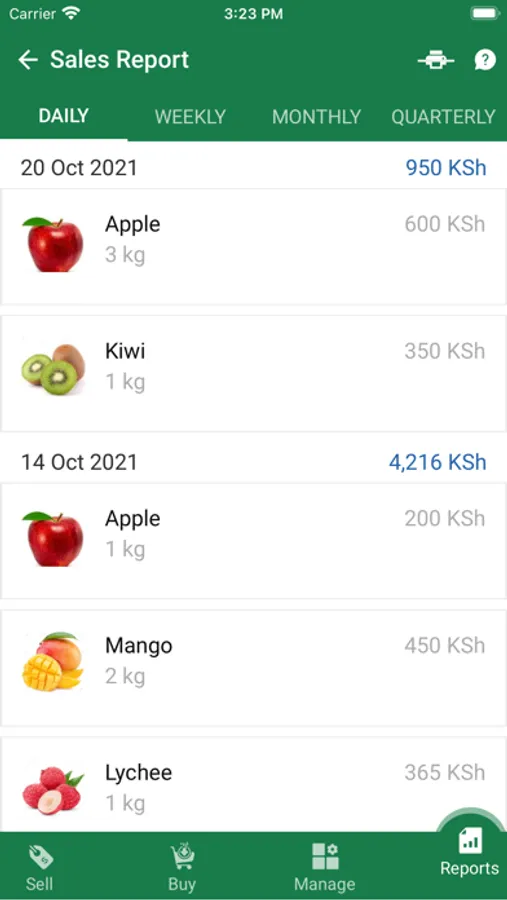About myKitabu
myKitabu (my ledger in Swahili) is a mini ERP application, with a user friendly interface, that facilitates micro and small businesses with basic accounting and daily management of their assets and inventory.
Some of the specially unique built-in features that distinguish myKitabu from the rest of the pack are:
· ‘Point of Sale’ – unique capability for users where they can sell their products or services to customers.
· ‘Expenses Report’ – detailed record of entered expenses based on daily, weekly, monthly, and quarterly activity.
· e-Commerce – create and manage your business website for online sales in minutes
Additional standard features on myKitabu are:
· ‘Invoices’ – users register the customer payment.
· ‘Transactions’ – where users review the history of all sales and purchases
· ‘Buy Supplies’ – where users purchase supplies for their business.
· ‘Expenses’ – where users record any business-related expense.
· ‘Customers’ – where users register customers (people or businesses users sell too).
· ‘Vendors’ – create vendors (people or businesses users buy from).
· ‘Products’ – define and list products (any goods or services that customers buy).
· ‘Sales Report’ – detailed record of sales based on daily, weekly, monthly, and quarterly activity.
Some of the specially unique built-in features that distinguish myKitabu from the rest of the pack are:
· ‘Point of Sale’ – unique capability for users where they can sell their products or services to customers.
· ‘Expenses Report’ – detailed record of entered expenses based on daily, weekly, monthly, and quarterly activity.
· e-Commerce – create and manage your business website for online sales in minutes
Additional standard features on myKitabu are:
· ‘Invoices’ – users register the customer payment.
· ‘Transactions’ – where users review the history of all sales and purchases
· ‘Buy Supplies’ – where users purchase supplies for their business.
· ‘Expenses’ – where users record any business-related expense.
· ‘Customers’ – where users register customers (people or businesses users sell too).
· ‘Vendors’ – create vendors (people or businesses users buy from).
· ‘Products’ – define and list products (any goods or services that customers buy).
· ‘Sales Report’ – detailed record of sales based on daily, weekly, monthly, and quarterly activity.
